
Curator’s statement
Utah is quite literally a hiker's, climber's, and photographer's dream come true. With its five iconic National Parks, the state is home to some of the most spectacular scenery in the US. Arches, Canyonlands, Capitol Reef, Bryce Canyon, and Zion are all must-visits for anyone who loves the outdoors. While it's possible to see the big 5 in just one week, a little more time would certainly allow for a more relaxed trip. But for the road-trip lovers out there, this itinerary is sure to tick all the boxes.
The Fora Difference
Book with Ana to access exclusive perks and experiences on your trip.
Killer perks
Free upgrades, spa credits and more—we got you
Personalized recs
Customized travel planning for your style
Insider knowledge
Expert advice from people who’ve actually been there
Where to stay
Unlock perks by contacting Ana to book your trip.
Day 1: Arrive in Salt Lake City and drive to Moab
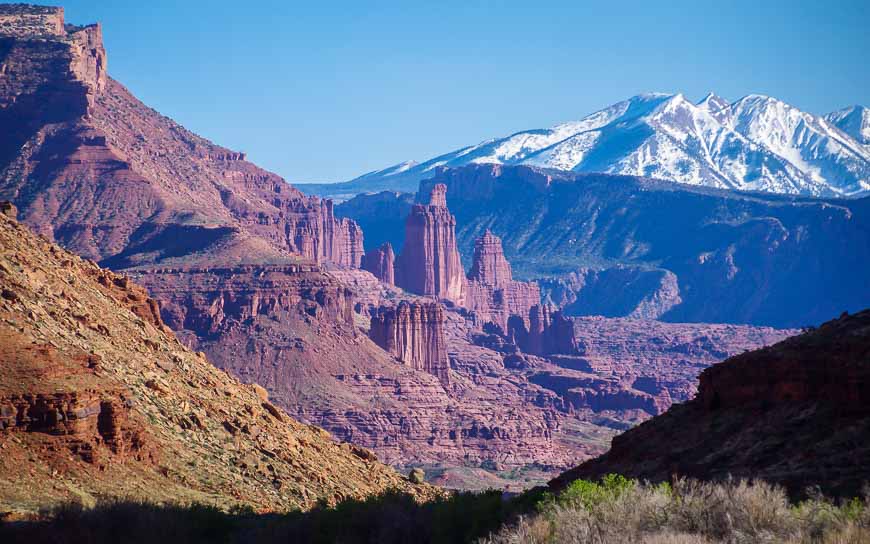
Your journey begins in Salt Lake City, Utah. Depending on what time you arrive, you can spend some time exploring some of the city’s historical sites. Otherwise, grab your rental and drive to Moab, your base for exploring Arches and Canyonlands National Parks over the next couple of days.
The drive from Salt Lake City to Moab takes about 4 hours. Along the way, you will pass through some of Utah's most beautiful scenery, including the Wasatch Mountains and the Colorado River.
Day 2: Arches National Park
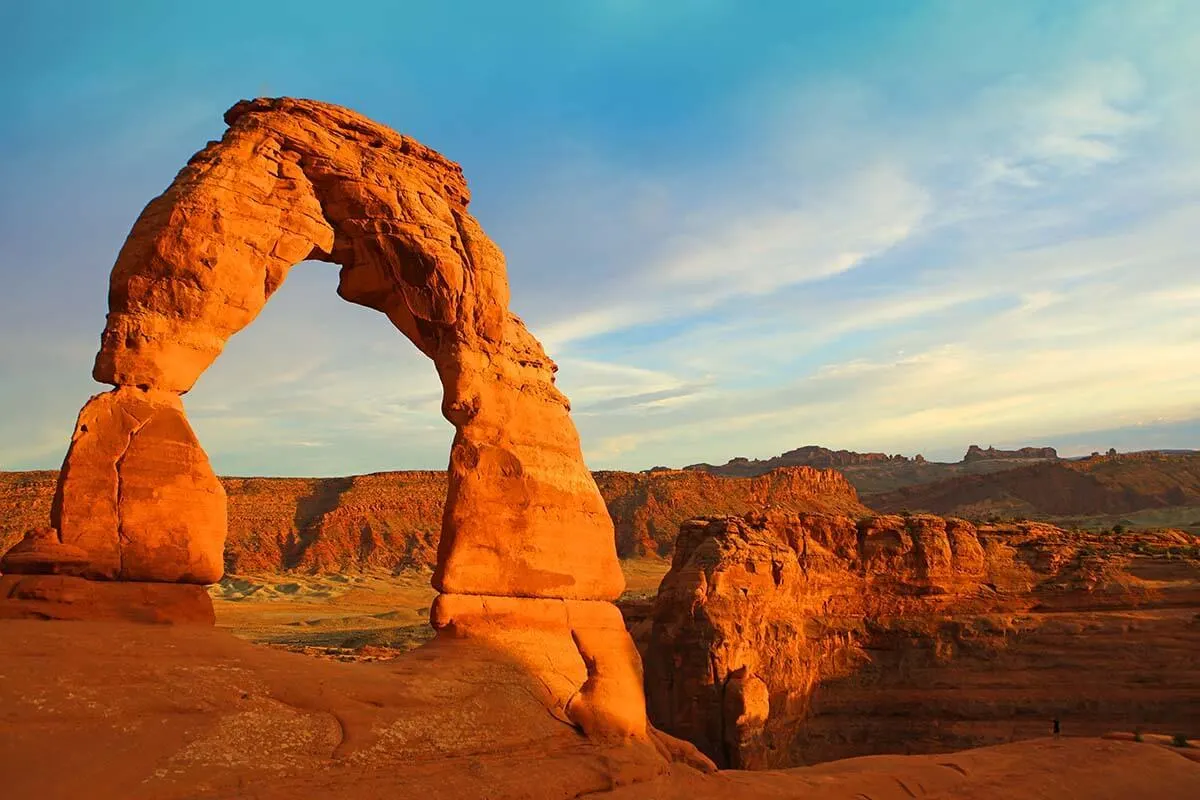
Arches National Park is home to over 2,000 natural arches, including Delicate Arch, Landscape Arch, and Double Arch. Spend the day exploring the National Park–you can hike to some of the most iconic arches, or take a scenic drive along Arches Scenic Drive.
Arches Scenic Drive is a 18-mile loop road that takes you past some of the most popular arches in the park. The drive is paved and easy to drive, but it can be busy, especially during the peak season.
Day 3: Canyonlands National Park
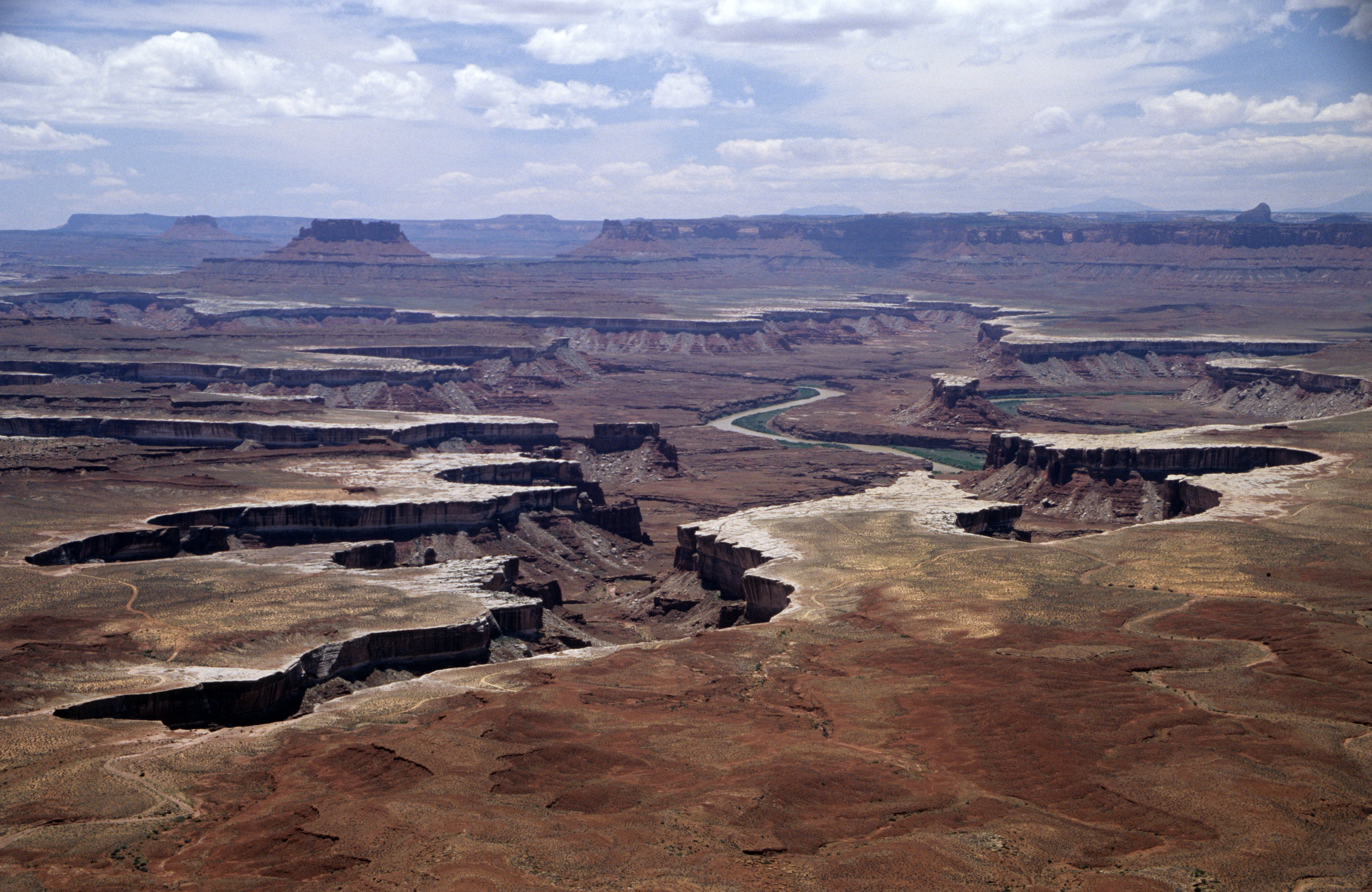
Canyonlands National Park is the least visited but also the largest of Utah's national parks. It is made up of four districts: Island in the Sky, The Needles, The Maze, and Horseshoe Canyon. Each district offers its own unique landscape, from towering mesas to towering canyons.
Island in the Sky is the most accessible district and is known for its panoramic views of the canyons and mesas. Some of the most popular hikes on Island in the Sky include Mesa Arch Trail, Grand View Point Trail, and Shafer Canyon Overlook Trail.
The Needles is the most popular district and is known for its towering rock spires, or "needles." Some of the most popular hikes in The Needles include Landscape Arch Trail, Chesler Park Loop and The Needles Canyon Overlook Trail.
The Maze is the least accessible district and is known for its labyrinthine canyons. Hiking in The Maze is challenging and requires a high level of fitness and experience.
Day 4: Capitol Reef National Park
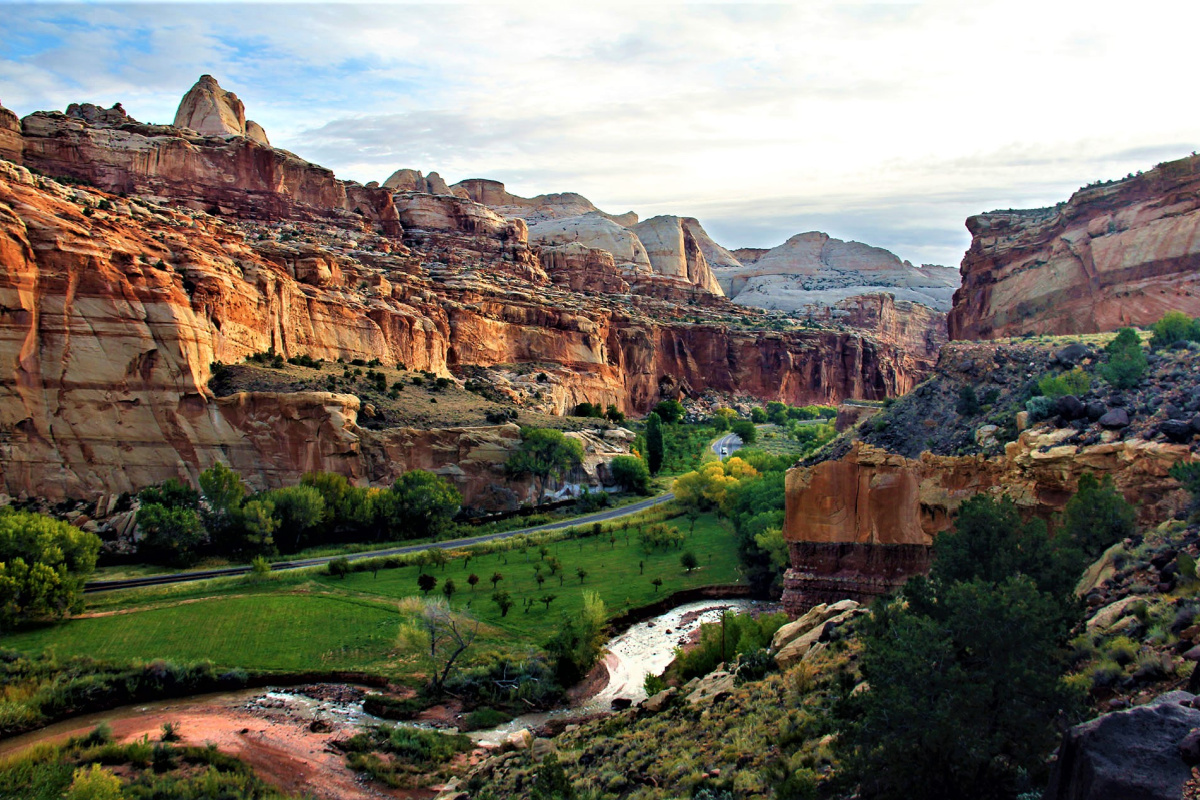
Start your day in Fruita, a historic farming community within Capitol Reef National Park. Visit the Gifford Homestead, a restored farmhouse that gives you a glimpse into the lives of the early settlers.
Then, drive Capitol Reef Scenic Drive, a seven mile loop road that takes you past some of the park's most scenic spots. Stop at Grand Wash to hike Cassidy Arch and walk through the first section of the canyon. Grand Wash is a slot canyon, similar to The Narrows in Zion National Park, but without the river. This means you can hike through the canyon without getting your feet wet.
Continue down Capitol Reef Scenic Drive and then drive Capitol Gorge Road to the end. Walk through Capitol Gorge to the Pioneer Register, where settlers in the late 18th century and early 19th century scrawled their names on the canyon walls.
Drive back to Fruita and consider hiking Cohab Canyon Trail or to Hickman Bridge. Cohab Canyon Trail is a short and easy hike that takes you through a narrow canyon. Hickman Bridge is a massive arch that you can hike to and stand under. In the afternoon, visit the petroglyphs, which are ancient rock carvings that can be found throughout the park. End your visit with the view from Sunset Point, which offers panoramic views of the Waterpocket Fold, a geologic monocline that is the centerpiece of Capitol Reef National Park.
Consider driving on to Bryce Canyon National Park (about 2 hours ride) so you can rise early the following day and see it at sunrise. If the thought of another lengthy drive isn't appealing, you can also backtrack to Moab and get an early start in the morning.
Day 5: Bryce Canyon National Park
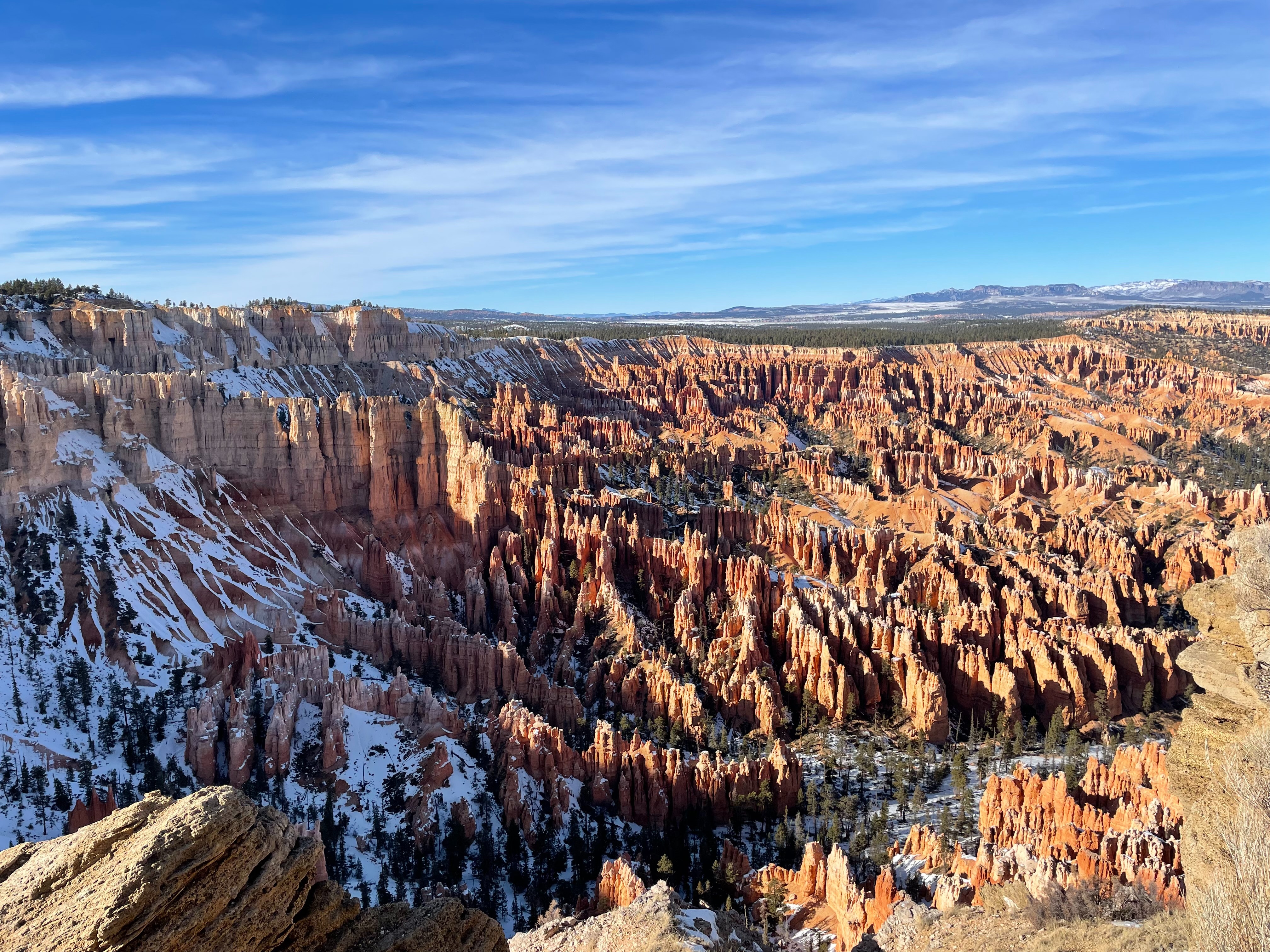
Bryce Canyon National Park is home to a series of natural amphitheaters, known as hoodoos, which are tall, thin rock formations that have been eroded over millions of years. The hoodoos are a unique and fascinating geological feature, and they are one of the main reasons Bryce Canyon National Park is so popular.
There are many different hiking trails in Bryce Canyon National Park, but some of the best trails for viewing the hoodoos include:
Inspiration Point Trail: This is a short and easy trail that offers stunning views of the canyon and the hoodoos.
Navajo Loop Trail: This is a moderate trail that takes you through the Navajo Amphitheater, one of the largest amphitheaters in the park.
Queen's Garden Trail: This is a moderate trail that takes you through the Queen's Garden, a beautiful area of the canyon with many hoodoos.
If you have more time, you can also hike the Watchman Trail, which offers panoramic views of the canyon, or the Peek-a-boo Loop Trail and Beamer Trail, which take you through two of the park's lesser-known amphitheaters.
Day 6: Zion National Park
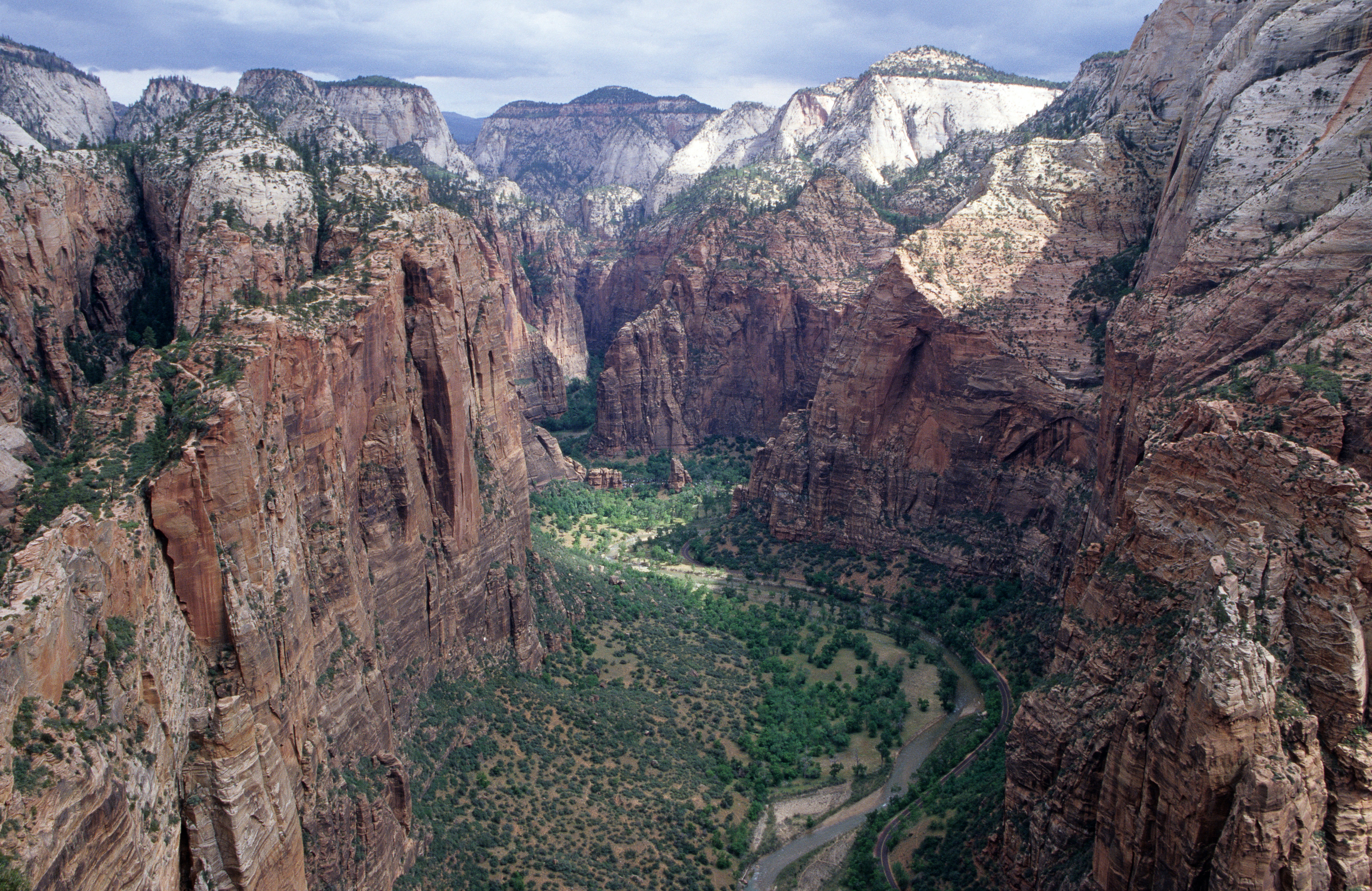
Zion National Park is one of the best places in Utah to go hiking. The park is home to a variety of trails, ranging from easy to strenuous. Some of the most popular trails include:
Angels Landing: This is a challenging hike that takes you to a narrow ridge with stunning views of the canyon.
The Narrows: This is a unique hike that takes you through a slot canyon along the Virgin River.
Observation Point: This is a moderate hike that offers panoramic views of the canyon.
If you only have one day in Zion National Park, you can hike one longer trail in the morning and spend the afternoon exploring Zion Canyon or hiking a shorter trail. Be sure to start early in the morning, especially if you're hiking Angels Landing or The Narrows. These trails can get very crowded, especially in the afternoon.
Day 7: Drive to Las Vegas or Salt Lake City and fly home
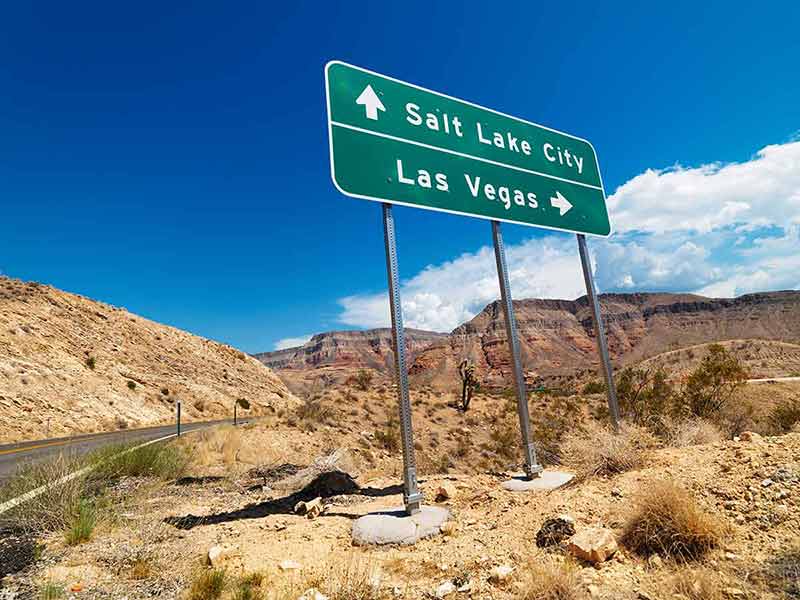
On your final day, you can opt to drive about 2.5 hours to Las Vegas or make the 4.5 hour trek back to Salt Lake City. If you have an extra day, spend it in the city by getting a spa treatment or massage at your hotel.
Need to know
The best time to visit Utah is during the spring (April-May) or fall (September-October). The weather is mild, and there are fewer crowds.
Be sure to book your accommodations in advance, especially if you're traveling during the peak season.
Rent a car so you can easily explore the different parks.
Bring plenty of water and snacks, as there are limited amenities in the parks.
Be prepared for the elements. The weather in Utah can change quickly, so it's important to be prepared for anything.

Travel Advisor
Ana Santos

Get in touch with Ana
Did you like this guide? Reach out to customize and book your own experience. Or, just to chat about travel in general.
You can normally expect a response from Ana within a business day or so. You’ll also be subscribed to our travel newsletter (you can unsubscribe at any time).
Planning a trip to Utah? Check out Moab, Utah, for Families for more tips.
This itinerary is part of our ongoing series on travel to Utah.